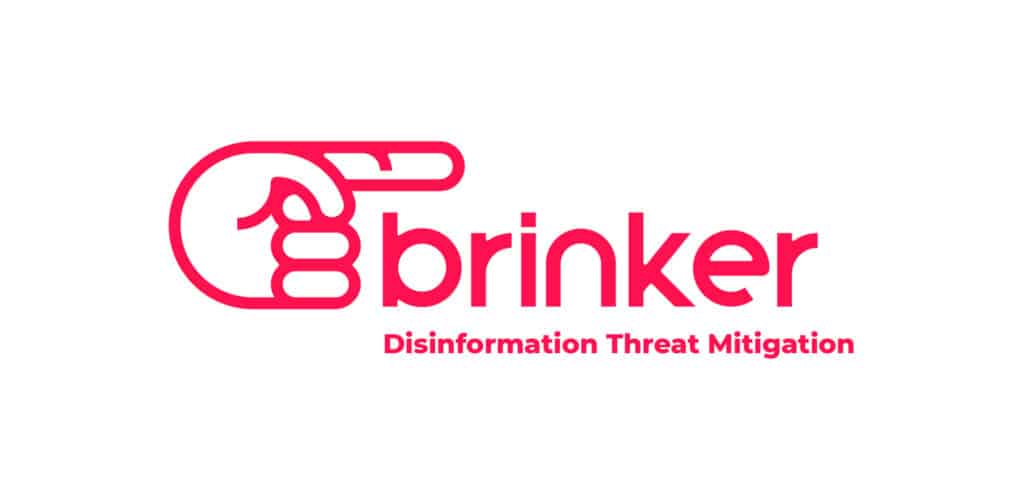Sometimes a technology becomes so ubiquitous and obviously useful that we (humans) cease to think critically about its shortcomings. As an illustration of this, imagine yourself teleported back in time to the island of Manhattan in 1900. You’d find a bustling metropolis, for sure. You might look around and notice that the people dressed differently, or that the skyline was different from what we’re used to. But I bet one of the things you’d notice first was the stench emanating from the piles of horse manure and puddles of urine. As this (great) post at The Daily Kos points out, there were 200,000 horses working in New York City by 1900. Those horses were dropping 4 million pounds of manure and 40,000 gallons of urine on city streets every day. “The ubiquitous street sweepers could only pile the stuff up in vacant lots, occasionally to the height of sixty feet. To […]
Tag: Facebook
Health Exchanges Need A Fail Whale
In a blog post on Veracode’s blog today, I write about the problems encountered at government-run online health exchanges that were intended to connect millions to private insurance plans under the Affordable Care Act. The exchanges opened to the public on Tuesday, and they got off to a rocky start, with reports of web sites paralyzed as millions of uninsured Americans logged on to sign up for subsidized health insurance. In some cases, the problems appear to have been caused by “external factors.” New York State’s online health exchange was felled by the weight of more than 10 million requests of dubious origin, The New York Post reported. But other exchanges, including Healthcare.gov the federal government’s main health insurance storefront, which is used by residents or more than half of the states, were victims of their own success: overwhelmed when the doors swung open and millions of eager customers poured […]
Losing The Future: Schneier On How The Internet Could Kill Democracy
With his deep background in both cryptography and Internet security, Bruce Schneier is of the most thoughtful commentators on all matters cyber. So revered is he, that he even inspired a list of humorous Chuck Norris-style “Bruce Schneier” facts . In recent months, Bruce has been an invaluable sounding board amid the drip-drip-drip of details of ubiquitous government surveillance stemming from Edward Snowden’s leak of classified intelligence on NSA spying and cyber operations. In this video, from a recent speech Bruce did at the TEDxCambridge event up here in the Boston area, he goes a bit deeper: drawing out the current trend lines like hacktivism, Facebook- and Twitter-fueled popular revolutions, civil war and mass surveillance, and trying to discern what the future might look like. /div> Bruce’s theory: although nimble groups of activists, dissidents and hackers have been more adept at using the Internet and innovative technologies and platforms built on […]
iPhone’s Touch ID Gives A Big Boost To Biometrics
Apple Corp. introduced the latest versions of its iPhone mobile phone yesterday to great fanfare, though the fever pitch that was common during the reign of Steve Jobs was noticeably absent. There were a flurry of articles and opinion pieces like this one, wondering whether Apple had lost its mojo, were common. And it goes without saying that if the headline is wondering whether you’ve lost your mojo, then you most certainly have. Still, Apple didn’t disappoint with its iPhone and iOS updates, particularly in the security arena. Indeed, the long-rumored addition of a finger print reader may have been the most prominent new feature in an update where the most prominent changes (a faster, 64-bit processor, higher resolution camera, etc. ) were transparent to the user. So what do you need to know about the new iPhone and its biometric authentication feature? And how will the new iPhone 5S […]
Updated – Hackout: Philips Smart Lightbulbs Go Dark In Remote Attack
Add lightbulbs to the list of everyday technology that is 1) Internet connected and 2) vulnerable to crippling remote attacks.* Writing on Tuesday, security researcher Nitesh Dhanjani disclosed a proof of concept hack against HUE lightbulbs, a brand of wi-fi enabled bulbs manufactured by the firm Philips. The vulnerability discovered by Dhanjani allows a remote attacker to use her mobile device to control HUE. HUE wi-fi enabled bulbs are sold at Apple stores and allow users to control the function and color of the bulbs using iPhone and Android mobile apps. Dhanjani published his findings in a paper, “Hacking Lightbulbs,” which calls the HUE system of bulbs and a wireless bridge “wonderfully innovative,” but also prone to hacking. The most serious flaw discovered would allow a remote attacker to impersonate a white-listed (or “allowed”) mobile device, sending commands to HUE bulbs that could cause them to turn off or manipulate […]






